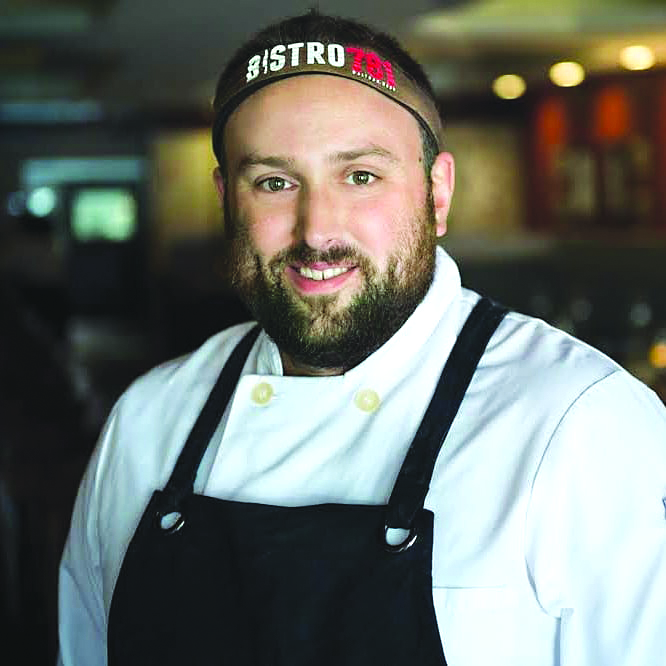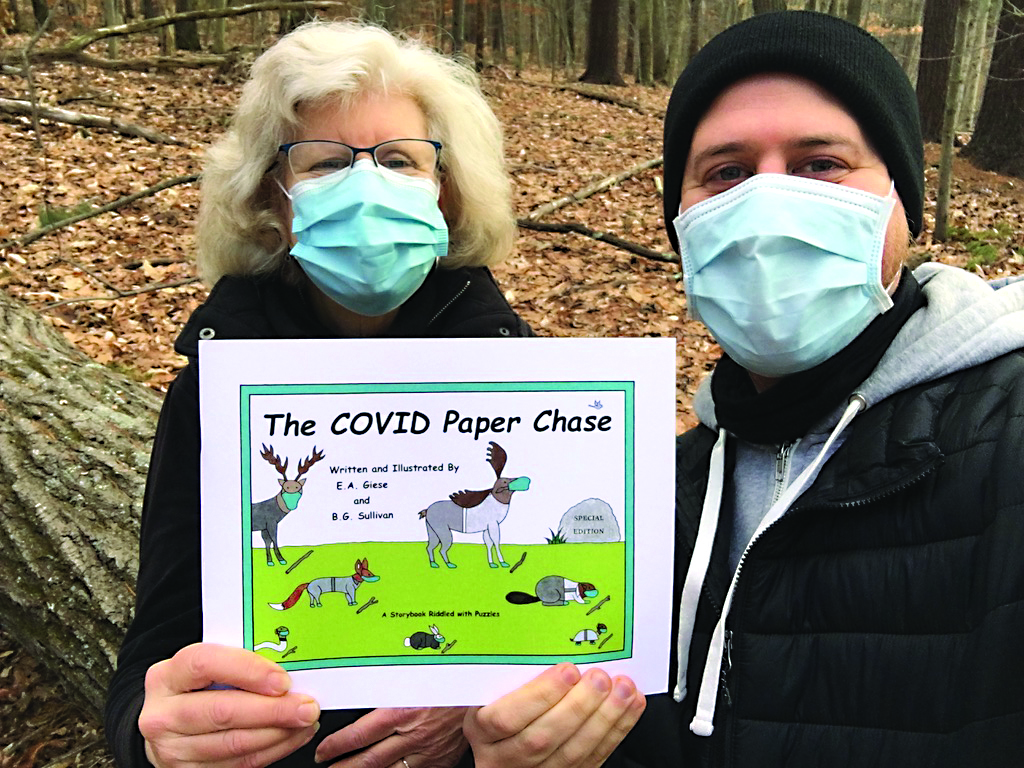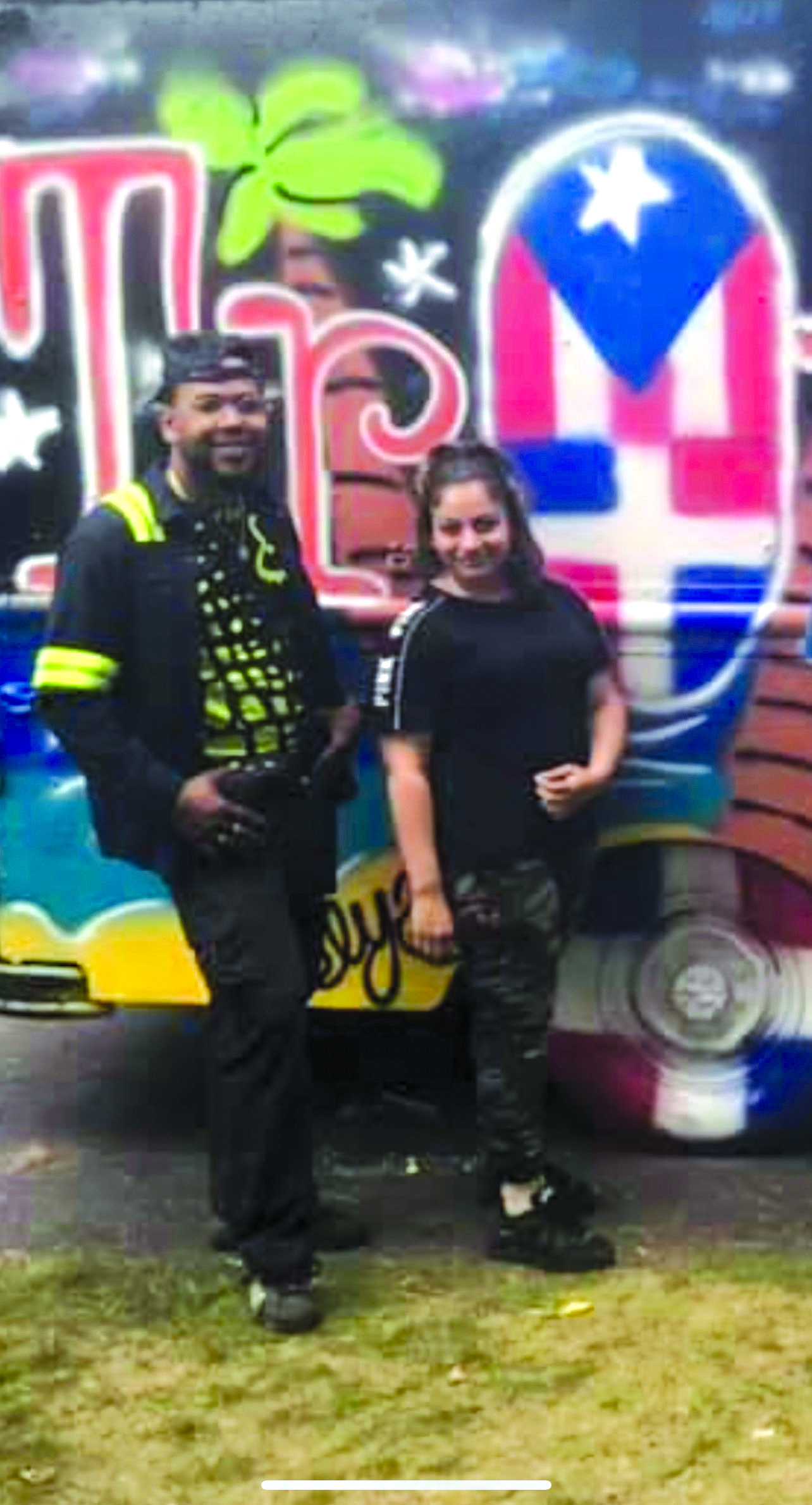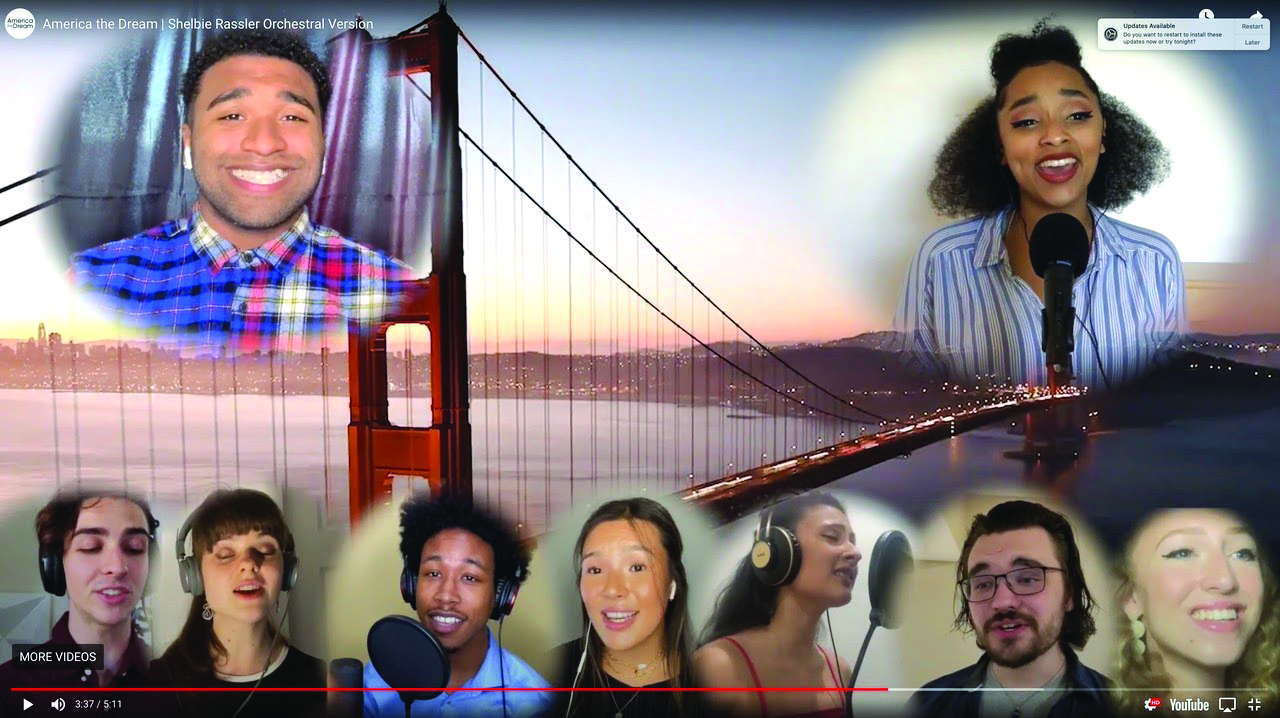Jason Duffy is the executive chef of Bistro 603 (345 Amherst St., Nashua, 722-6362, bistro603nashua.com), which opened last August. Born in Brighton, Mass., and raised on Cape Cod, Duffy got his start in the industry at the age of 14 as a dishwasher at the Chart Room restaurant before moving up the ranks there over the course of a decade. He and owner Jeff Abellard are also part of a close-knit restaurant team that has run Bistro 781 on Moody Street in downtown Waltham, Mass., since 2015. Like its predecessor, Bistro 603 features an eclectic menu of items out of a scratch kitchen, ranging from small shareable plates to larger meals with optional wine pairings.
What is your must-have kitchen item?
Tongs, a side towel and a knife. You can get most things done as long as you have that stuff on hand. … The tongs are like extensions of my hand. I do a million things with them.
What would you have for your last meal?
Probably a big crab boil, with corn on the cob and whatever shellfish I can get.
What is your favorite local restaurant?
In N Out Burritos [in Nashua] has great aguachile. It’s basically heavily marinated citrus-spiced shrimp. We also recently went out to Michael Timothy’s [Local Kitchen & Wine Bar] for my birthday, which is a really cool place.
What celebrity would you like to see eating at your restaurant?
I am a book nerd at heart. I would love to have Stephen King in here.
What is your favorite thing on your menu?
Our braised short ribs. It has tender fall-apart beef, our house made gnocchi, truffled mushroom cream sauce and roasted Brussels sprouts. It’s one of our biggest sellers. Every part of it just always comes out great and consistent.
What is the biggest food trend in New Hampshire right now?
Scratch-made comfort food with a twist. … We can spend all day coming up with all sorts of intricate stuff, [but] I try not to use all sorts of terms on the menu that people wouldn’t recognize. We’ve noticed that the recognizable stuff sells tremendously at the outset, but as you build a client base and people know who you are then they start to trust you more.
What is your favorite thing to cook at home?
I love all kinds of soups. I’ll spend a couple of days making a really nice chicken stock.
Smoked tomato chimichurri
From the kitchen of Chef Jason Duffy of Bistro 603 in Nashua
1 cup smoked tomatoes (halved and smoked at 200 degrees for two hours)
1 tablespoon raw garlic
1 tablespoon raw shallot
½ teaspoon crushed red pepper
½ tablespoon dry oregano
½ tablespoon sugar
1 tablespoon lime juice
1 cup vegetable oil
Salt and pepper to taste
Combine everything but the oil in a blender and puree. While running the blender, trickle in the oil to emulsify it all together. According to Duffy, the chimichurri is great as a sauce or a marinade for meats.
Featured photo: Jason Duffy






